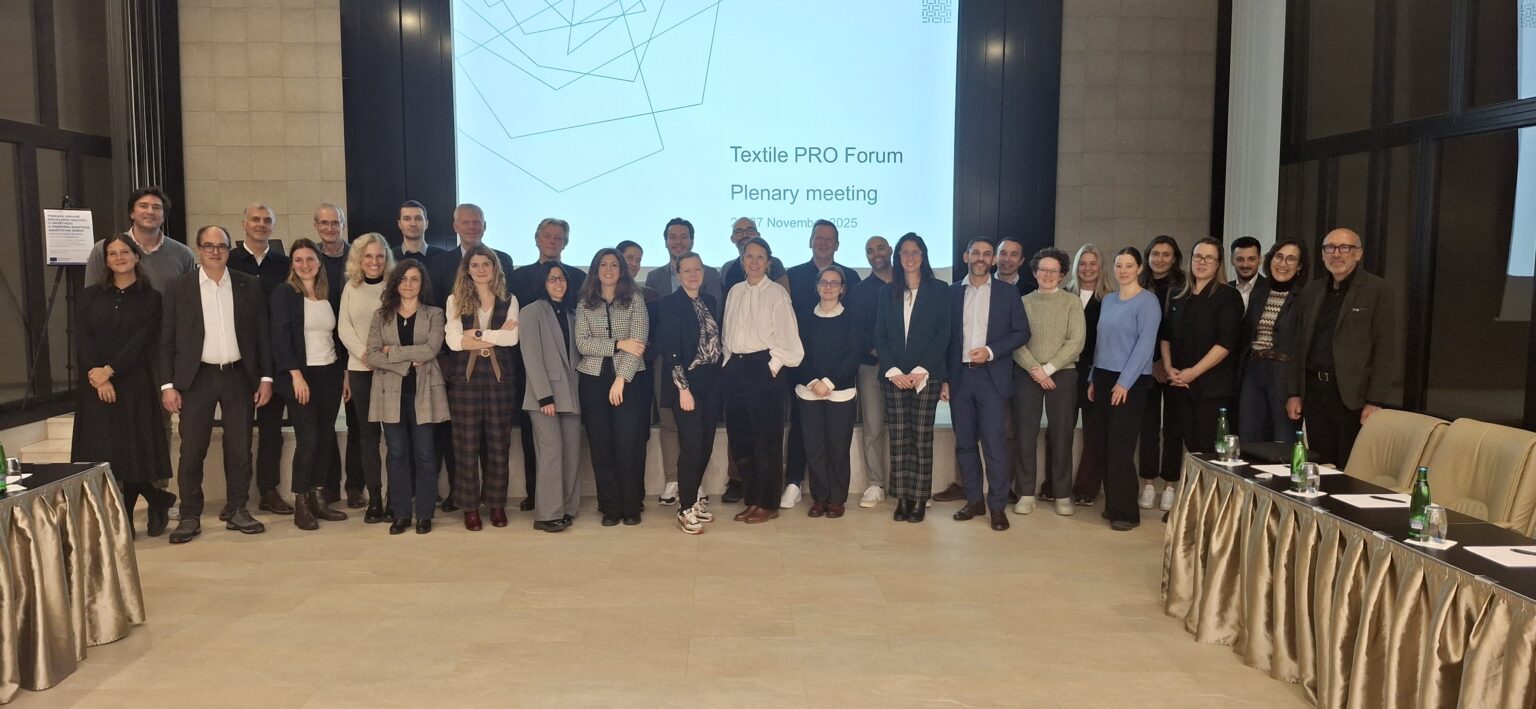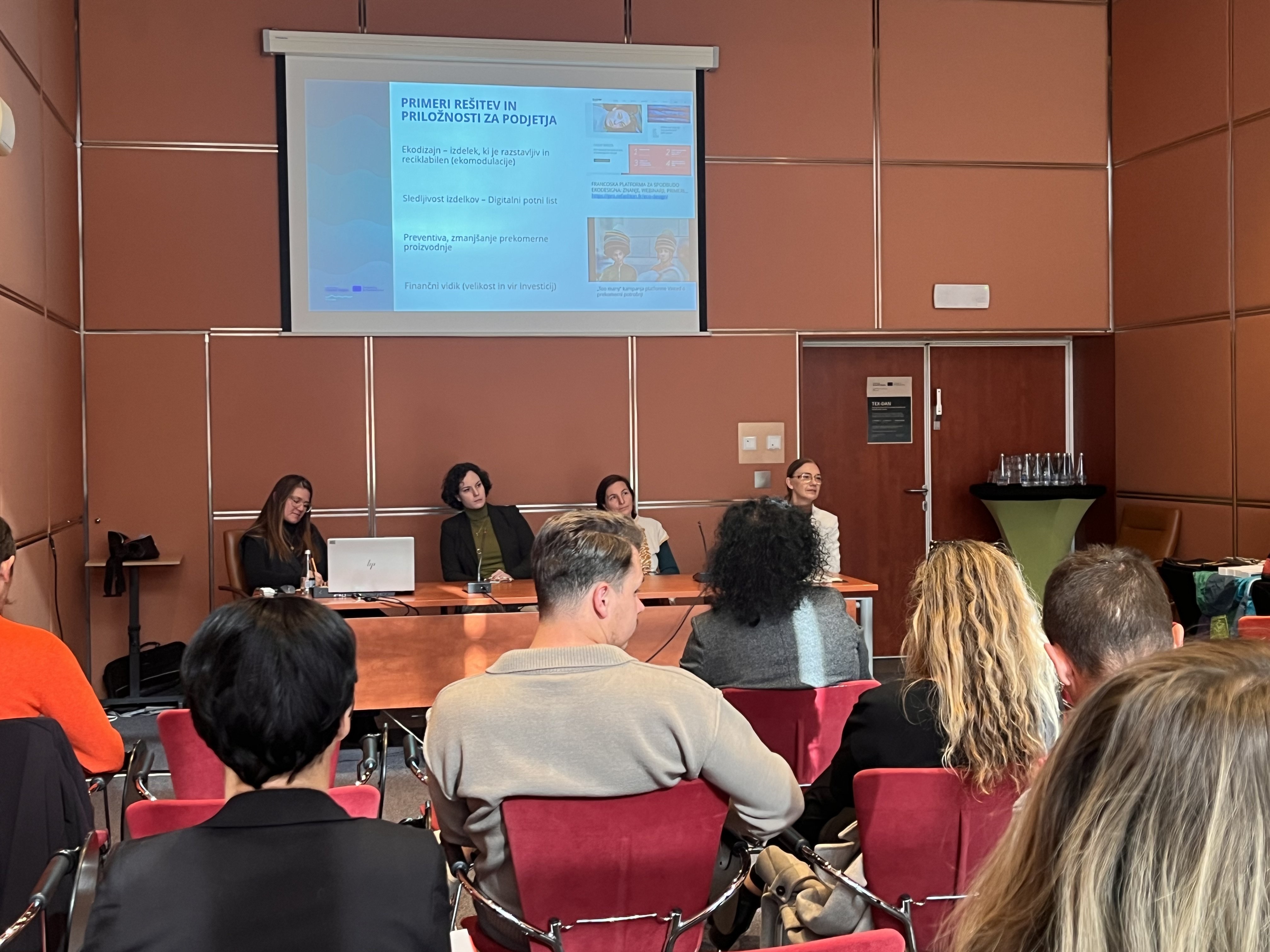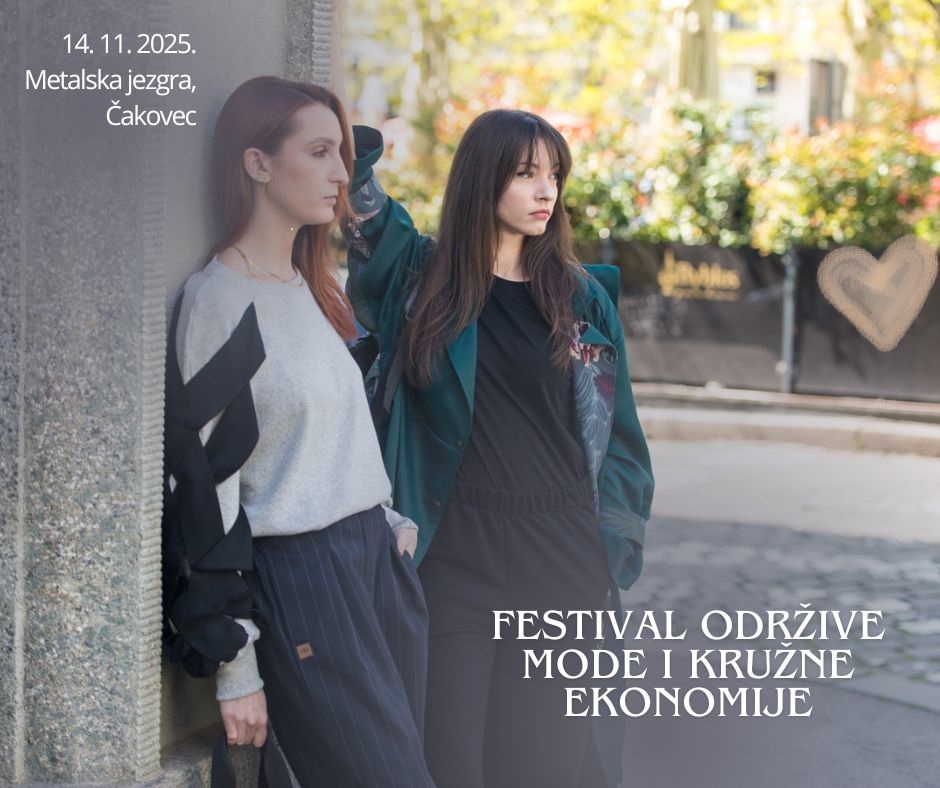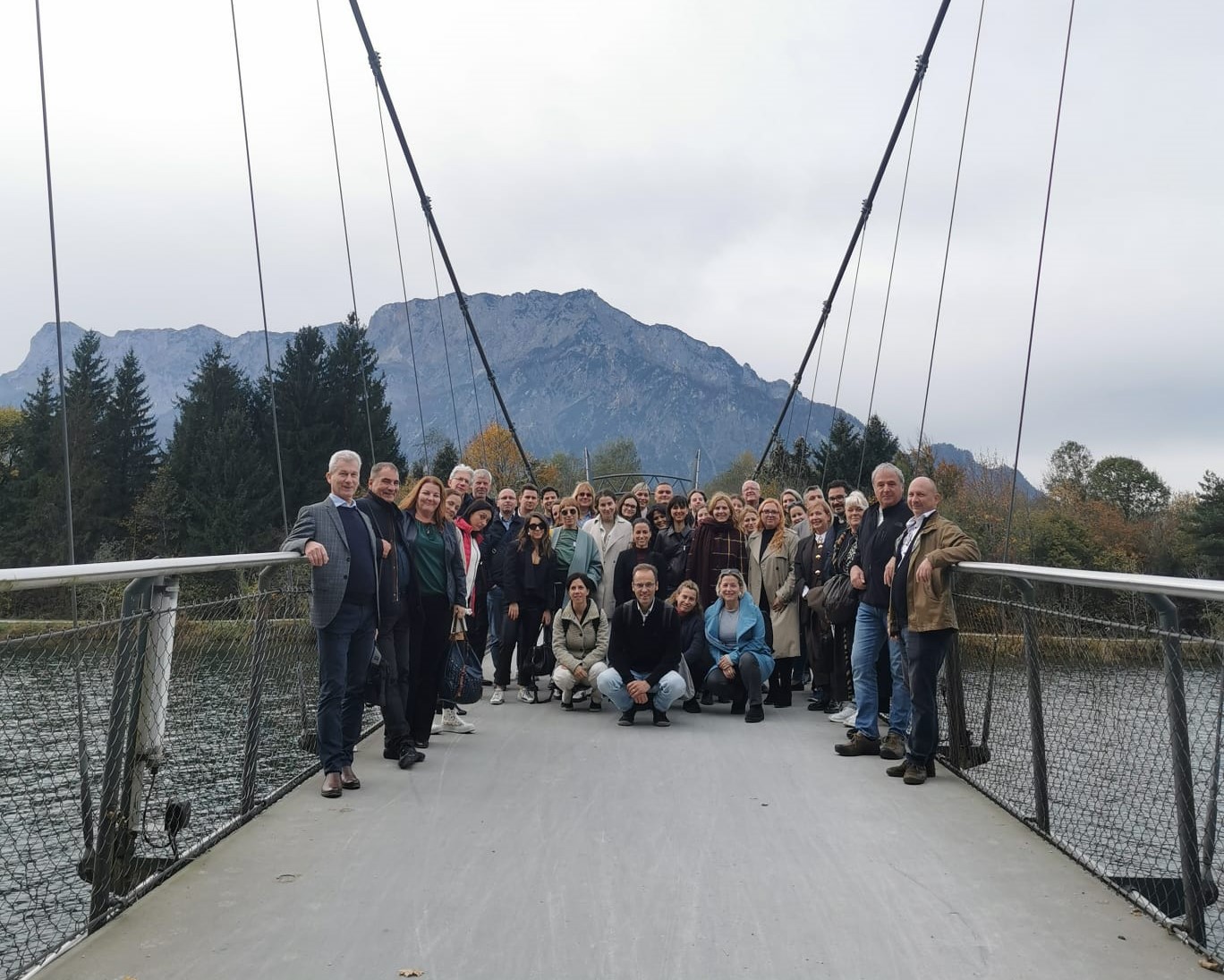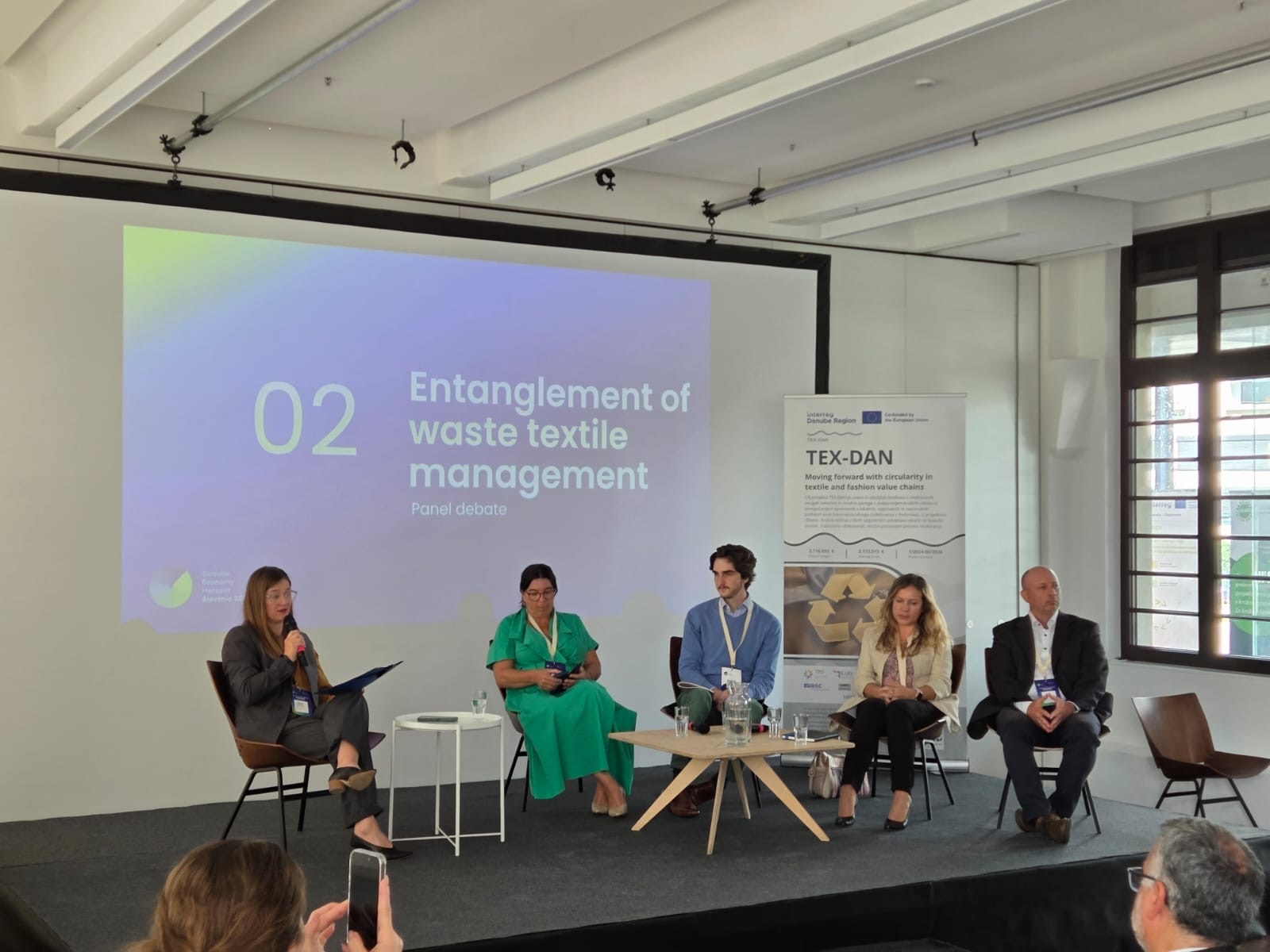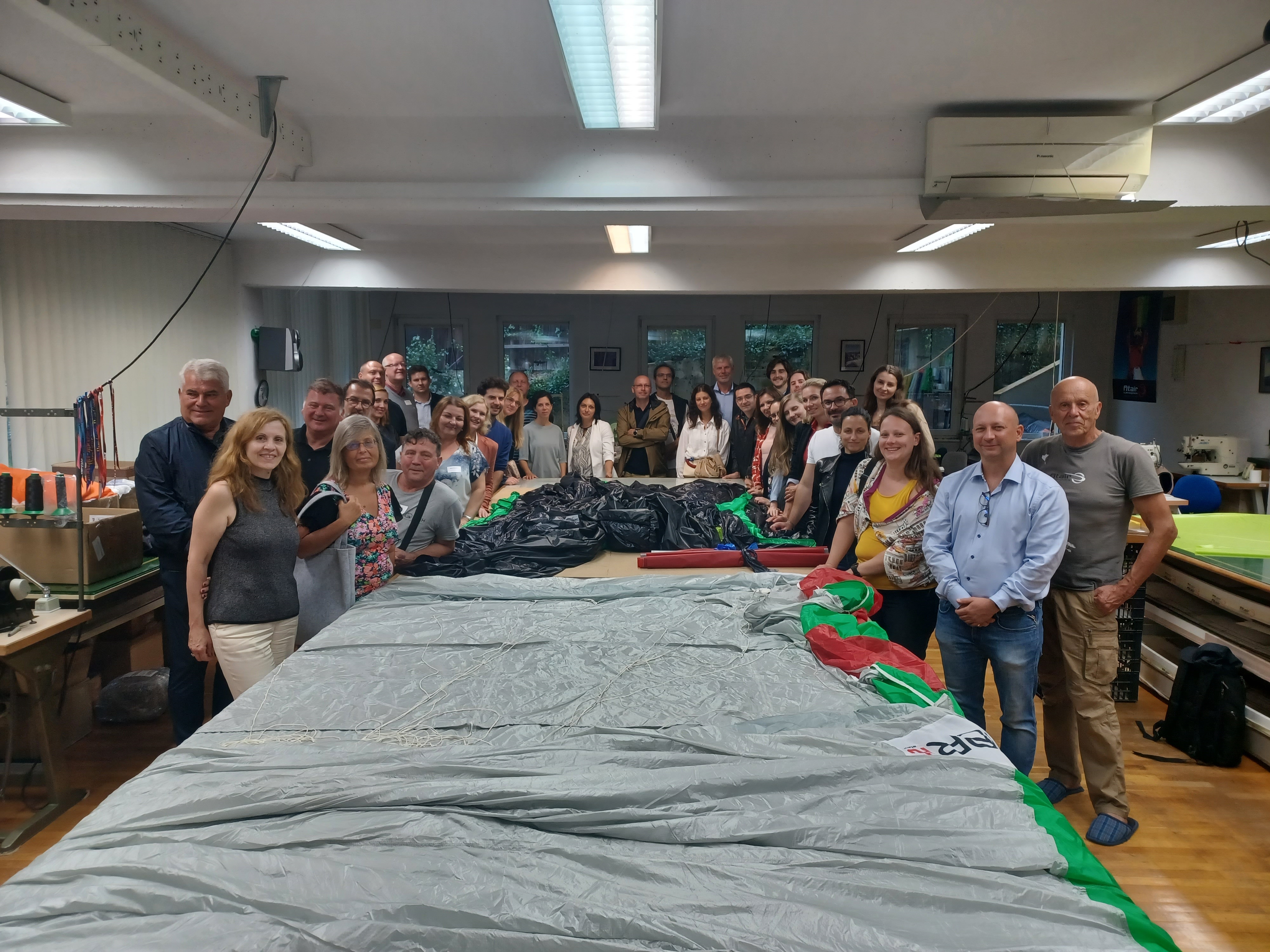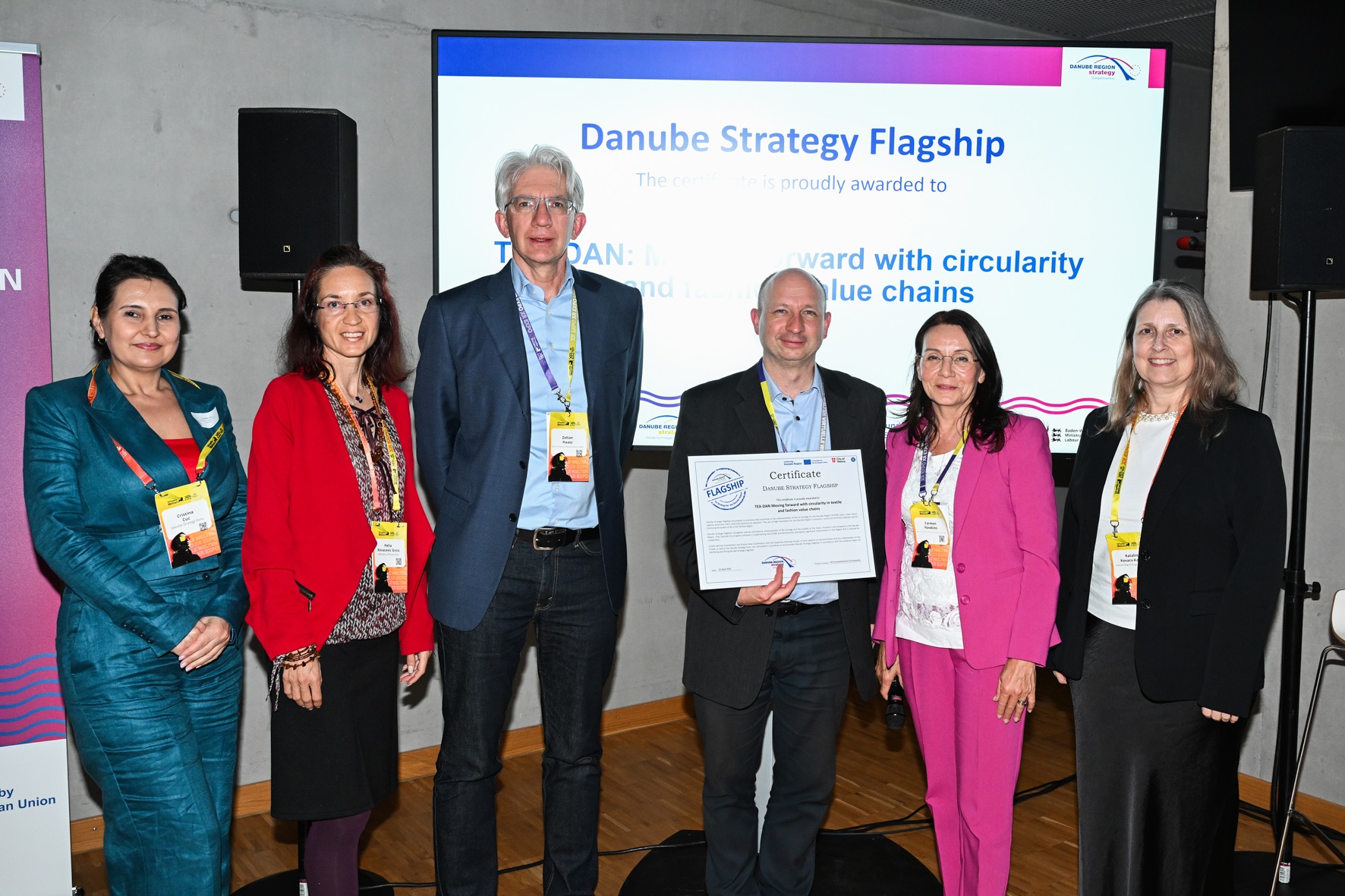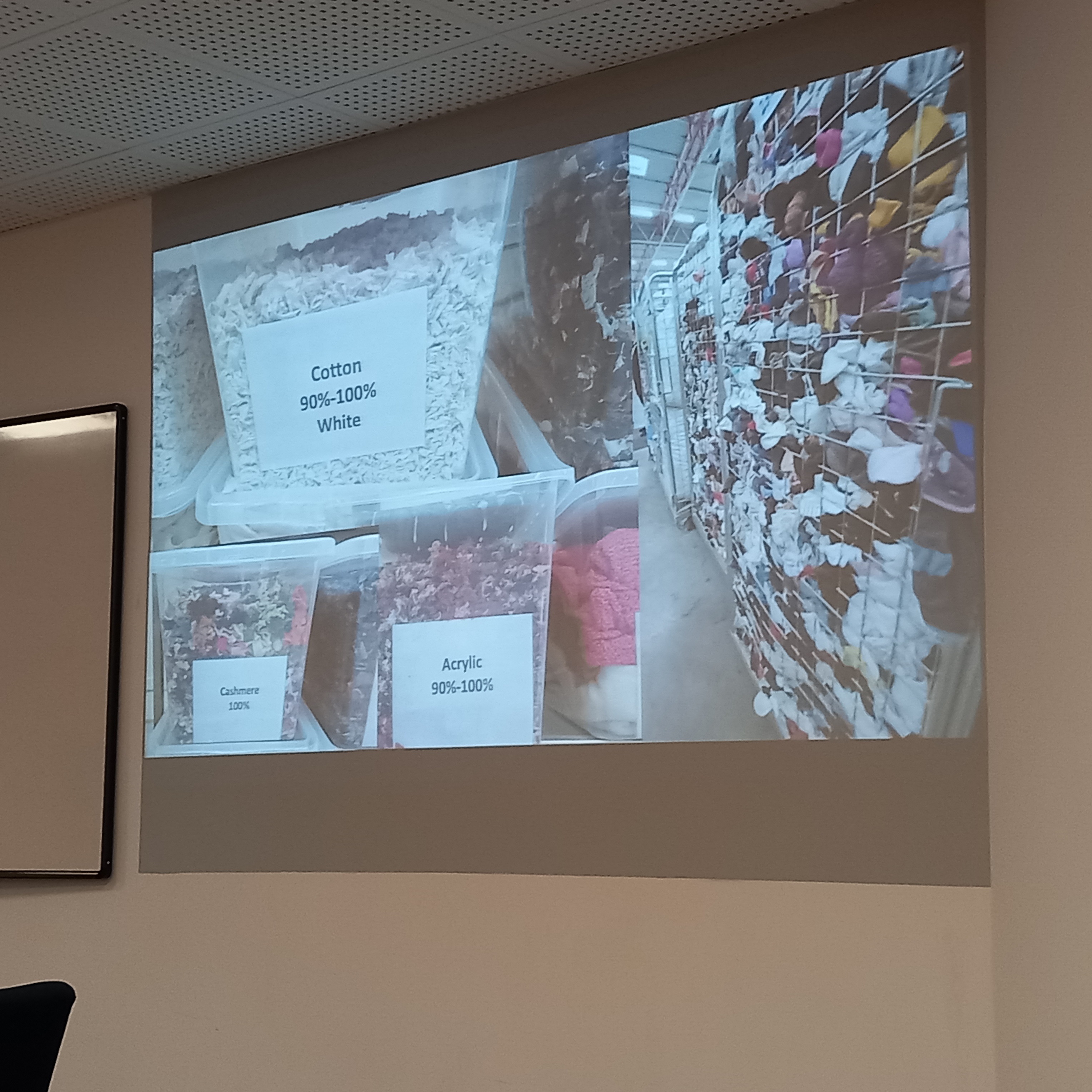
NARA-SK's Workshop on Validation of the TEX-DAN Strategy in Slovakia
As a part of the project activity TEX-DAN strategy, Slovakian partner NARA-SK organized a national workshop “Validation of the TEX-DAN Strategy: Involving Stakeholders in the Circular Textile and Fashion Industry”. The workshop was held on November 5, 2025 at the Technical University in Zvolen (TUZVO), within the Department of Furniture and Interior Design, Faculty of Woodwork, coinciding with an international designers’ event hosted by the department. The event brought together designers, academics, and industry stakeholders to discuss validation strategies, share insights, and strengthen cross-sectoral cooperation within the circular textile and fashion ecosystem.
The national workshop marked another milestone in the ongoing collaboration between NARA-SK and TUZVO, building on the success of the first TEX-DAN study trip to Slovakia last year. During that visit, participants identified significant potential in the concentration of designers specializing in textiles for furniture and interior design, a segment that had previously received less attention compared to the clothing sector during the initial stages of the TEX-DAN project.
As part of its broader efforts to promote circularity and sustainability within the textile and fashion industry, the workshop also served as a continuation of the Living Lab Bioeconomic Textiles initiative, jointly run by NARA-SK and TUZVO since February 20, 2025. This collaboration was formalized through a Memorandum of Cooperation, establishing a long-term framework for innovation and stakeholder engagement in the bio-based textile economy
This workshop emphasized the need for living labs, stakeholder engagement (quadruple helix: academia, industry, government, civil society), and pilot initiatives to test circular design, production and recycling models. Based on the SWOT analysis, NARA-SK came up with following key findings:
· Textile technologies are investment-intensive, which means that the Slovak textile industry will never again be built on large-scale enterprises such were SLOVENKA, PLETA, MERINA, MAKYTA. Therefore, it is necessary to build a strategy that suits SMEs in terms of economic and production models and include them as a part of national economic resilience.
· Textile designers are flexible and able to accelerate the change in customer behavioral and consumer behavior most effectively.
· The emergence of a separate waste stream for textiles (EU Waste Directive, Extended Producer Responsibility) requires the acceleration of textile recycling in the form of co-working and co-management (D222-Living Lab Recycling) as an opportunity for new products instead of landfilling and incineration. Understanding textile design without eco design of not yet existing products and applications (innovations) is not complete.
· SMEs and textile micro-producers can accelerate the consumer appeal of local textile products. Local sectors such as interior/furnishing textiles and regional fiber-based production (wool, hemp, flax, nettle) offer untapped potential in Slovakia for circular economy approaches, beyond the traditional clothing industry.
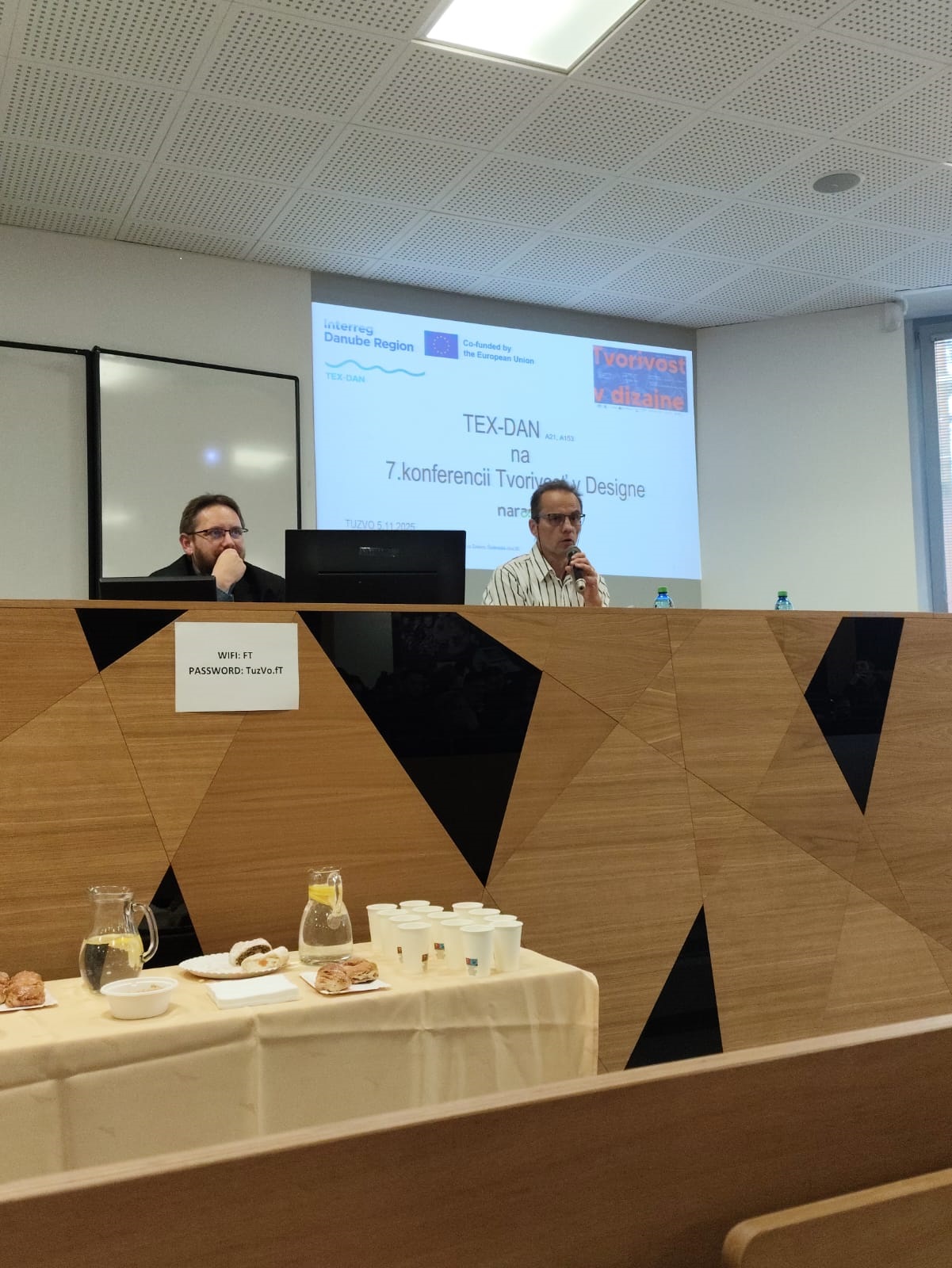
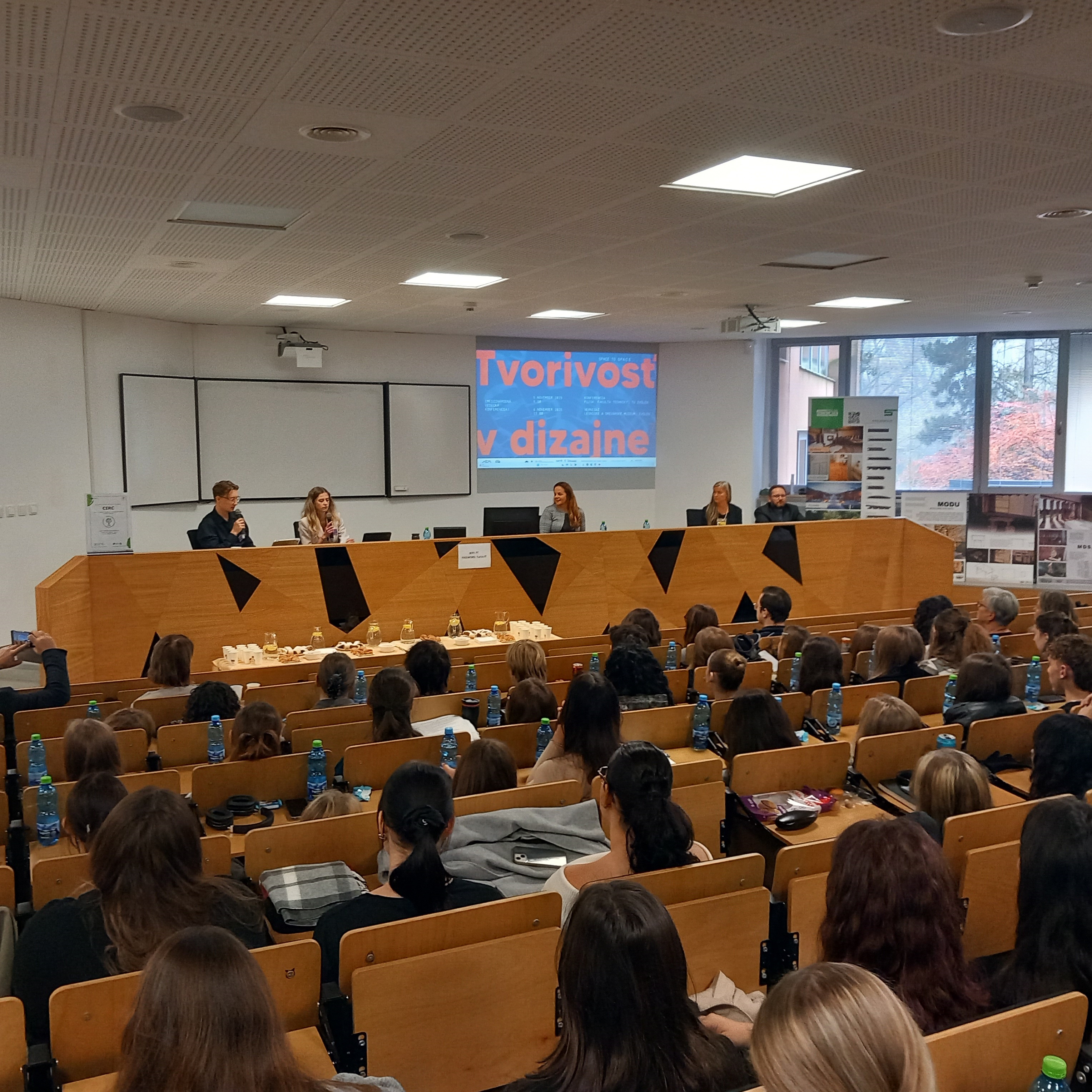
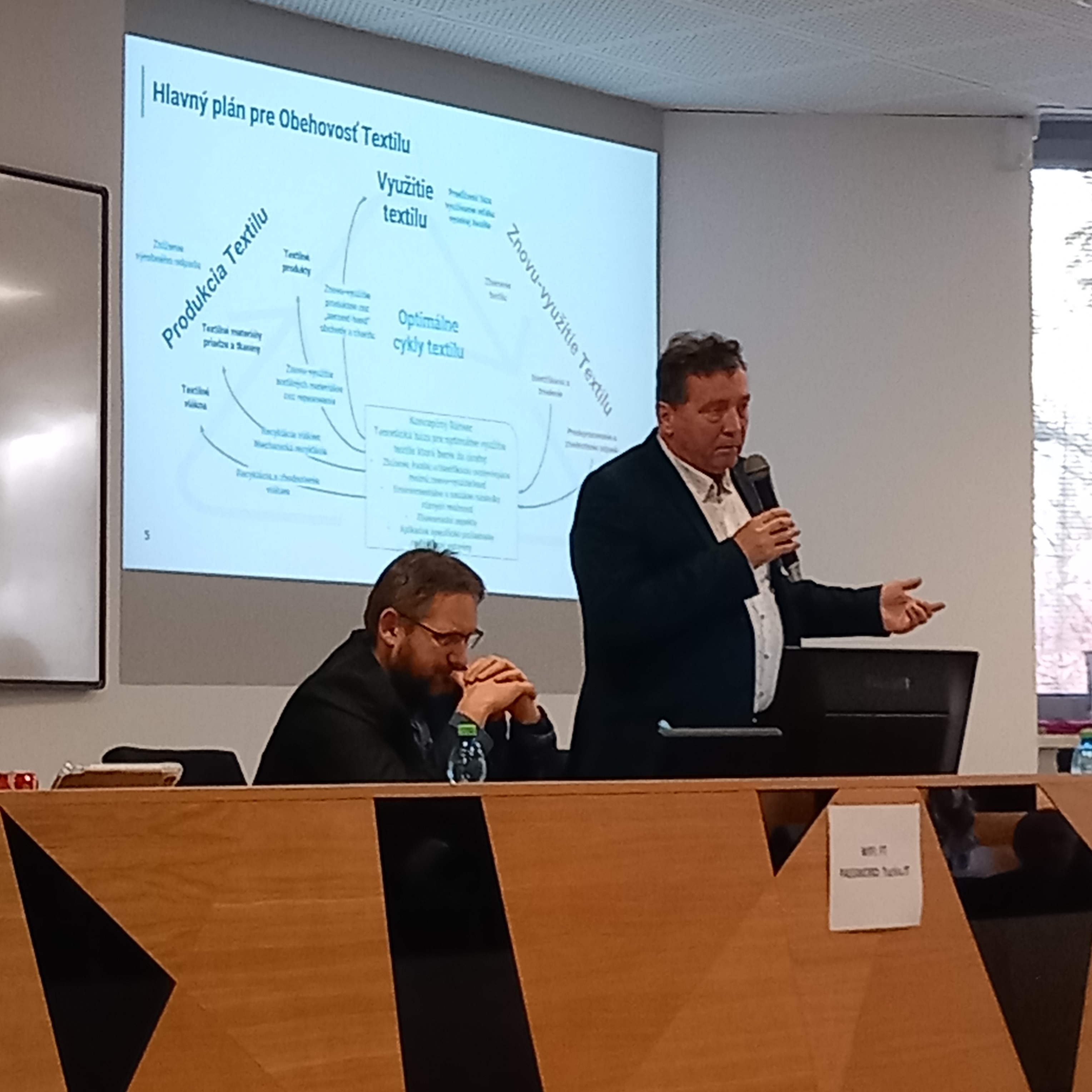
CIRC Doing Living Lab Slovakia by NARA-SK
News & Events
Read the most recent updates and explore the upcoming events.

